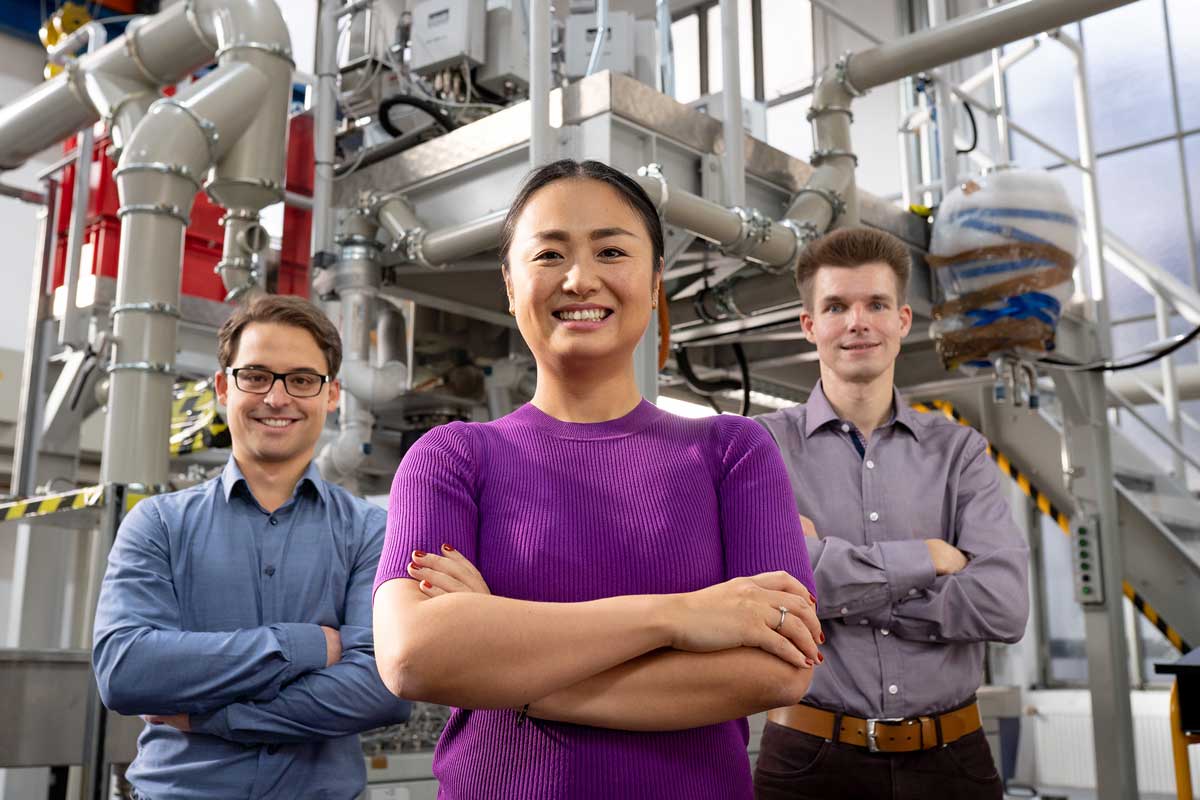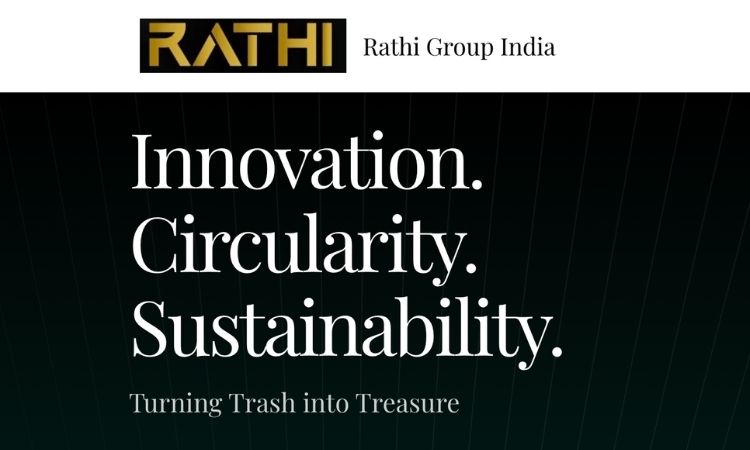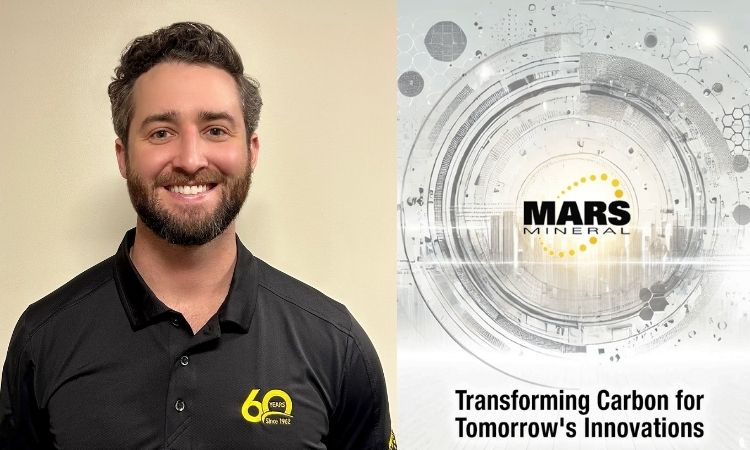Continental and INAM to boost recyclability of end-of-life rubber and plastics
- Continental now cooperates with Innovation Network for Advanced Materials (INAM) on innovative material solutions with a focus on sustainability, particularly for end-of-life rubber and plastic.
- Cooperation is part of Continental's sustainability roadmap
- Second Continental Challenge for start-ups and university groups launched
Continental is breaking new ground in the development of sustainable material solutions: For the second time this year, the Hanover-based technology company has joined forces with the Berlin-based innovation network for advanced materials (INAM) to launch the Continental Challenge for start-ups and university institutes. Continental’s advanced materials and innovation experts hope to generate new ideas for the production and recycling of rubber and plastic products. The challenge is one of the numerous initiatives launched by the company as part of its sustainability roadmap in its anniversary year 2021.
Material development an integral part of the sustainability roadmap
Continental has decided to implement one of the most comprehensive sustainability roadmaps in the automotive supply sector, paving the way for a new, global industry benchmark with complete climate neutrality along the value chain. On the way to a sustainable economy with 100 percent climate neutrality, 100 percent emission-free mobility and industries, 100 percent circular economy and 100 percent responsible value chain by no later than 2050, the program not only includes the company's own production, but also deliberately focuses on the upstream stages and end-of-life recycling of products. For this reason, the company was already relying on rubber and plastics expertise within its own ranks at the end of 2020 and expanded its development activities around high-performance plastics at the Continental laboratories, where experts in plastics extrusion are working on new solutions for industrial applications, among other things.
Recycling challenge for start-ups
The Continental Challenge is now breaking new ground in materials and process development for industry. "By collaborating with young start-ups and university institutes, we hope to give a boost to the world of materials, both for the production and recycling of our products," describes Ran Escher, responsible at Continental for industry-related partner management. "The start-up scene worldwide is creative, innovative and agile, and exciting ideas from basic research are often emerging at universities," adds Dr. Daniel Biensfeld, who supervises the competition participants from Continental's side.

From left to right: Dr. Daniel Biensfeld (Head of Innovation Field Sustainable Materials), Ran Escher (Partnership Management) and Dr. Steffen Wietzke (Head of Innovation Field Thermoplastics) are joining forces with INAM to develop sustainable material solutions. | Photo by Continental.
"But what they often lack is the process know-how and technical equipment to translate their good ideas into a production environment and develop them into a marketable product." Continental offers Challenge winners this opportunity.
An important partner in this endeavor is INAM, whose network includes numerous innovative players from the field of materials development. “We are extremely excited to run this second innovation challenge with Continental to support them in their effort to make their products future-ready. Advanced and innovative materials can provide break-through solutions to the sustainability challenges of our times – but are currently often considered only secondary to digital innovations”, says Oliver Hasse, Managing Director at INAM.
This cooperation started back in spring 2021 with the first Continental Challenge, which looked for solutions for fluid management in vehicles, including cooling and air-conditioning lines in electric cars. Continental experts are now continuing to work with the four selected finalists on concepts for emission-free mobility. The second challenge, which was launched in mid-October, now focuses on new energy-efficient recycling processes for breaking down polymer composites back into their individual components, such as monomers. The goal is to be able to completely reuse these recycled raw materials. "We are very excited to see what solutions the participating teams come up with in the coming weeks," summarizes Escher.
Original press release by Continental.
Weibold is an international consulting company specializing exclusively in end-of-life tire recycling and pyrolysis. Since 1999, we have helped companies grow and build profitable businesses.









